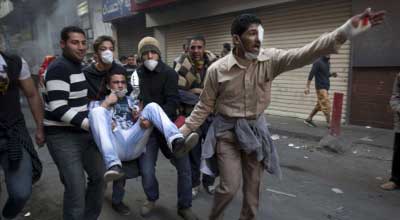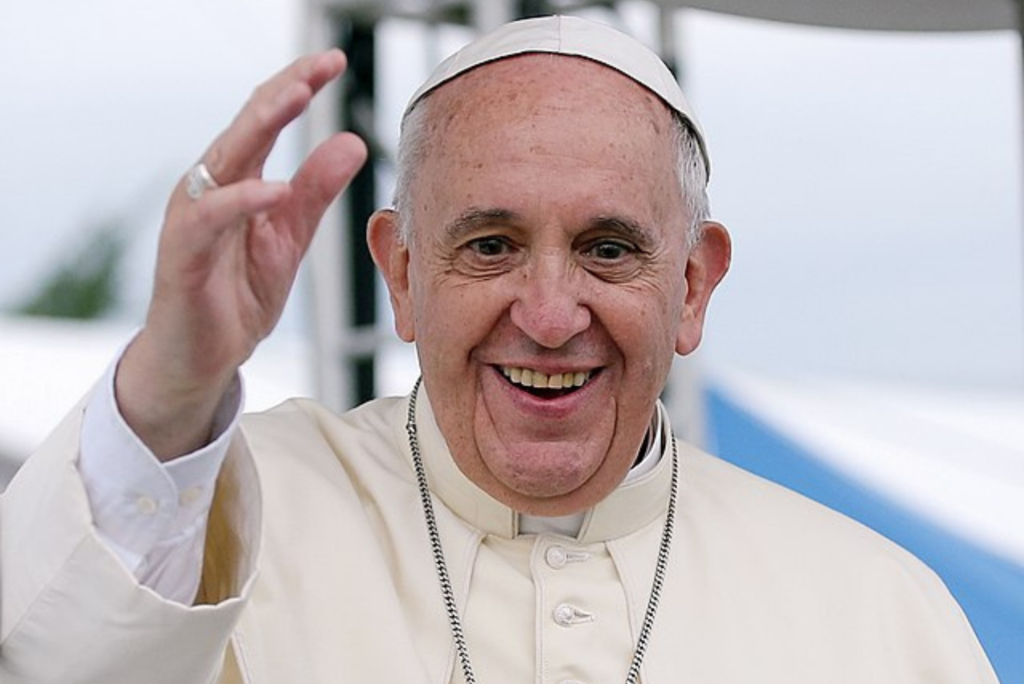Thousands of protesters flocked to Egypt’s Tahrir Square Monday. Clashes continued with tear gas and fire bombs. By day’s end, Egypt’s army-appointed government handed in its resignation—an effort to stabilize in advance of the Nov. 28 elections.
The vote was intended to be the first milestone on the road to transition from military to civilian rule, but the oppressive response by the interim government is feeding a growing fury. SAT-7 CEO Terry Ascott explains, “As the election approaches, and the army does not seem to be yielding any constitutional power, even to a newly elected body, people feel that their revolution has been stolen from them, and so they’re on the streets.”
In practical application, although the president’s ouster was triumphant for the masses in the streets, Ascott says, “The reality on the ground was that very little changed, except that Hosni Mubarak was replaced by another military consortium, the Supreme Council of the Armed Forces.”
Political forces have issued statements condemning the “excessive use of force” and acknowledging protesters’ right to demonstrate. The Nov. 28 elections are scheduled to go forward, despite security problems, but Ascott cautions a realistic approach to the vote.
“This is not going to all be over by the spring. There’s not going to be a new Constitution and a settled-down political identity phase yet for quite some time,” he says. “I think there’s going to be another decade of struggle between different parties trying to find their way to an Egyptian-styled democracy.”
The Muslim Brotherhood has been gaining traction in Cairo’s power vacuum, raising concerns of what might happen to Christians should they take power. “It does look likely that no one party is going to gain any kind of overall majority,” says Ascott. That means there will likely be a coalition government, which is good news for believers. Ascott says coalitions are good at moderating the Muslim Brotherhood kind of extremism.
However, the specter of violence against Christians and a massacre last month remains fresh on the minds of the community. They did the only thing they could: they prayed. “It’s a very difficult situation for the church, for the Christians,” Ascott says. “In the middle of this, we did have this amazing night of prayer. Twelve hours of praise and worship in the open air.”
SAT-7 is a Christian satellite television ministry to the Middle East and North Africa. SAT-7’s teams have been providing coverage and a public forum of the upheaval in the region on a constant basis. The ministry also provided full coverage of a prayer movement on Nov. 11 at the Cave Church.
Prayers for the night also focused on issues of personal and social peace and seeking God’s blessing on all Egyptians—Muslims and Christians, the authorities, and the important parliamentary elections that begin on Nov. 28.
“SAT -7 was able to cover that, live, for 12 hours. Between 50,000 and 70,000 people attended at least some of that service. It was full of joy. It was a call to repentance,” Ascott says.
Nine days later, SAT-7 said they were still receiving requests for recordings of the event from other television stations, and a Facebook page set up for the event drew more than 800,000 comments.





